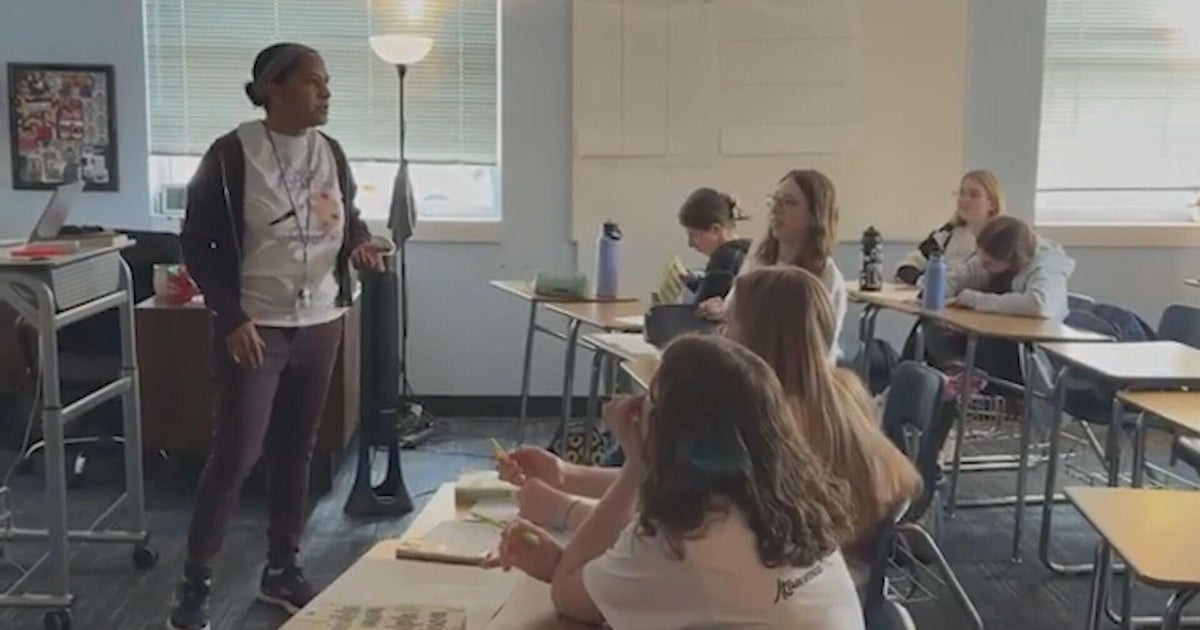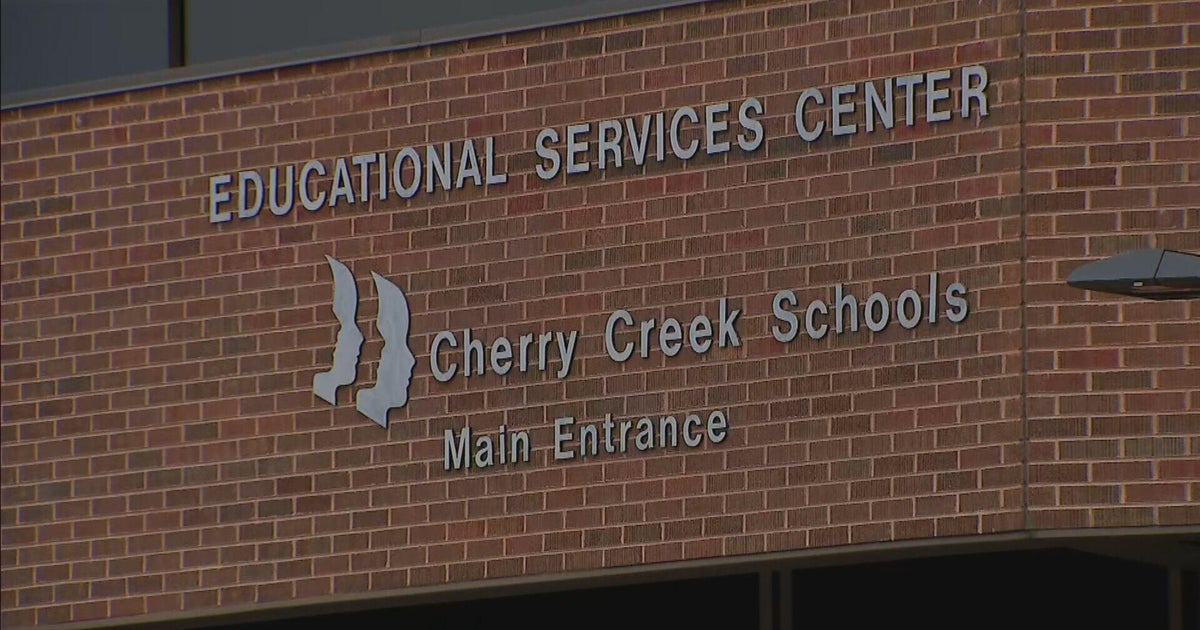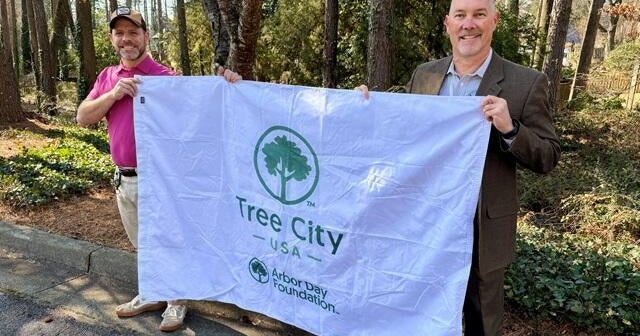UM's Sustainability Majors, Programs See Explosive Growth
Making green out of maize and blue, increasing numbers of students across the University of Michigan are pursuing majors and graduate programs that focus on sustainability.
* Undergrad enrollment in the Program in the Environment has more than doubled since 2005 from 128 students to an estimated 291.
* The School of Natural Resources and Environment has seen an 83 percent jump in its master's program numbers, from 123 students in 2005 to more than 225 today. This growth is fueled largely by its dual-degree offerings with engineering, law and business.
* The fast-growing joint natural resources/business master's program administered by the Erb Institute for Global Sustainable Enterprise has expanded from 22 students half a decade ago to 45 now.
* A professional master's program in Energy Systems Engineering that began in 2008 now boasts more than 200 active students.
"Sustainability has become an important national value. The clean energy sector of our economy has seen unprecedented growth and we've stepped up to train tomorrow's green workforce," said Donald Scavia, director of the university's Graham Environmental Sustainability Institute and a professor in engineering and natural resources. "UM's enhanced focus on sustainability is helping us explore new opportunities within and across schools and colleges to meet this need."
In the university's career services office, students are looking for environmentally conscientious employers even in fields that aren't traditionally thought of as green.
"In the 10 years I've been here, I've seen a lot more interest and passion for sustainability across all majors," said Lynne Sebille-White, senior assistant director of employer relations in The Career Center. "It's a value the students hold and they are looking for ways they can bring it to work with them, or work for an organization whose values incorporate it."
Launched in 2002, the Program in the Environment is currently the fastest-growing major in the College of Literature, Science, and the Arts, which is the largest undergraduate unit at the university. In addition to the close-to-300 students who are concentrating their studies in the Program in the Environment, another 144 are minoring in it.
The interdisciplinary program gives students freedom to tailor their education. They take core math and science classes; general courses in ecology, earth system science and environmental social science; and they specialize by choosing any three upper-level courses relating to some aspect of the environment.
Gianna Fazioli, a senior from Addison, Ill., is focusing on food. She will explore the social and environmental implications of the industrialization of agriculture. As part of this program, she has done fieldwork in Peru and studied in Thailand.
"I started off being interested in how we could grow our food in ways that are less harmful to the environment," Fazioli said. "But then when I was living in a village in Thailand, I realized it's also about the people -- the social implications that go along with our food, and changing policies so everyone has access to nutritious food. This program gives us a well-balanced education."
Alums have gone on to be the foreman of a tall grass restoration project, a green homes designer, an environmental specialist at the U.S. Occupational Safety and Health Administration and manager of the Chicago Botanic Gardens, to name just a few positions.
Enrollment in master's degree programs at the UM School of Natural Resources and Environment has soared in the past five years, largely fueled by an increase in interest in dual-degree programs.
"We've seen growing interest in environmental sustainability from students with a wide variety of professional interests, and that's manifested itself in the enormous growth in dual degrees," said David Allen, the school's outgoing associate dean for academic affairs.
SNRE has formal partnerships overseen by the Erb Institute for Global Sustainable Enterprise with the Ross School of Business, the College of Engineering and the Law School. Students can also independently pursue dual master's degrees in disciplines such as economics, public policy, urban planning, education, public health, ecology and evolutionary biology, anthropology and sociology.
"It's all about application to real-world problems and preparing students to embark on careers where they can contribute as urban planners, as lawyers, as environmental policy experts, as climate scientists, as wildlife biologists," Allan said.
The MS/MBA is by far the most popular program. This fall, singer-songwriter Vienna Teng has put her active and successful music career on hold to pursue the degree.
"I want to be a contributing member of a society moving towards sustainability," Teng said. "It's the great challenge of our generation, really. There's a real need for skilled leaders in this sector, and going through a dual-degree graduate program, where I'll get to examine the issues from multiple perspectives, seems like the best way to become of those leaders."
Teng started looking for a program like this 10 years ago. Erb's, she said, "is still the strongest out there. It's the most established and integrated dual-degree program in sustainability that I found."
When she graduates, she hopes eventually to combine her artistic endeavors with sustainability work somehow, Teng said. "But I don't know what that would look like, yet. In the immediate future, right after graduation, I hope to have a job in sustainability consulting or at a company working on food and/or energy efficiency issues."
Launched in 2008 with 17 students, the 30-hour Energy Systems Engineering master's program has 207 active students, a majority of whom enrolled in classes fall semester.
ESE graduates systems engineers prepared to work in today's world of overlapping energy infrastructures. With the evolution of the electric car, for example, companies need engineers who specialize not only in automotive technologies, but also in the transformation of the grid. The program is geared toward fresh engineering grads who want to work in energy-related areas, and experienced engineers who want to refocus their careers.
"We live in an ever-changing environment, and we need to provide an opportunity for traditional and nontraditional students to stay on the cutting edge of technological and scientific developments. We anticipate that energy and sustainability will be of critical importance in the years to come. By developing programs in these areas we are responding to the needs of our students and the society at large," said Suljo Linic, program director and associate professor in the Department of Chemical Engineering.
More than 60 percent of the students in the program are GM engineers. Benjamin Christian is one of them. He will graduate in 2011, but his coursework has already changed his career trajectory. He has transferred from polymer processing research to advanced propulsion.
"Over the next 20 years, this will be one of the largest growing areas in the auto industry," Christian said. "To be able to achieve the CAFE standards, great strides will have to be made in energy systems. Knowledge of hybridization, thermodynamic systems and also emissions control is vital."
More at http://sustainability.umich.edu, www.graham.umich.edu, www.lsa.umich.edu/pite, www-ners.engin.umich.edu/undergraduate/index.html, www.snre.umich.edu/degree_programs/dual_degree, www.erb.umich.edu, or http://energysystemseng.engin.umich.edu.
(c) 2010, WWJ Newsradio 950. All rights reserved.







